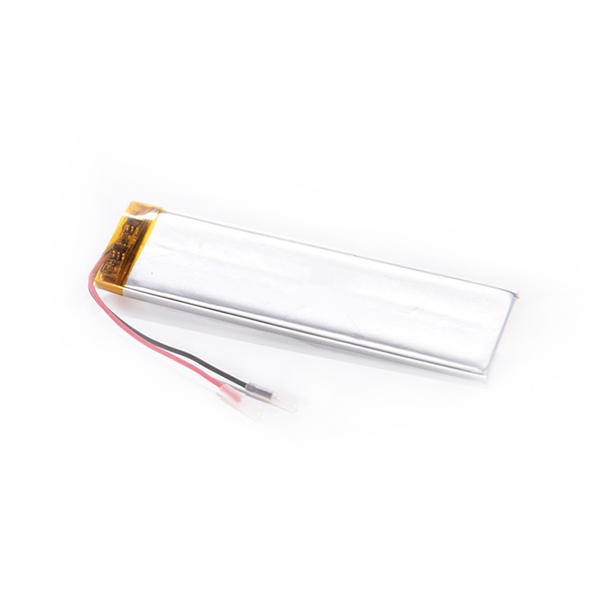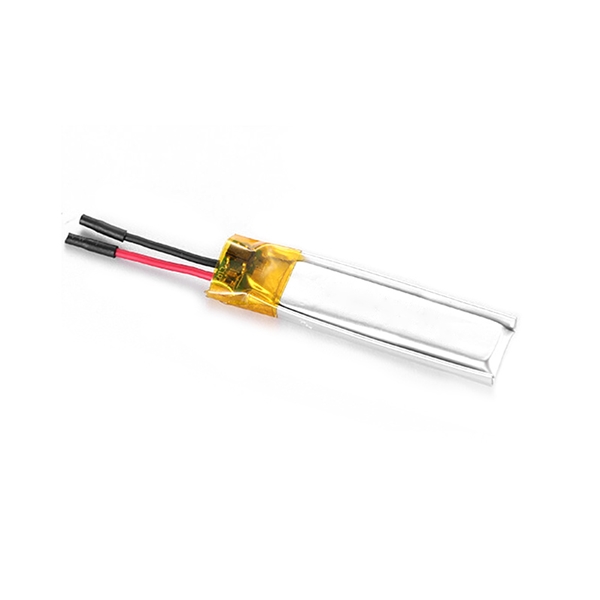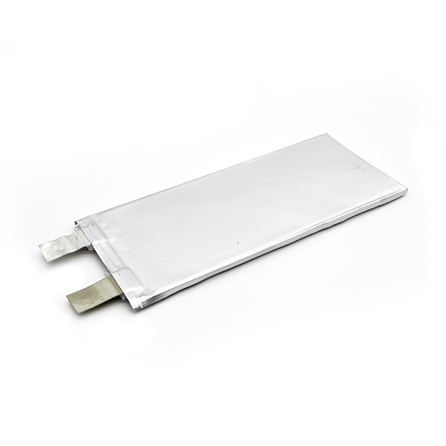-
Home
- Battery
- Application
- Solution
- News
- About Us
Inquiry
Contact UsIf you have any questions, please contact us immediately!Lithium Polymer Batteries vs. Lithium-Ion Batteries: In-depth Discussion and Comprehensive Comparison
2024-03-01With the rapid development of science and technology and the gradual strengthening of global awareness of environmental protection, new energy vehicles have stood at the forefront of the market and attracted much attention. As the core power source of new energy vehicles, the performance of power batteries is directly related to the overall performance of the vehicle. Among many types of power batteries, lithium polymer batteries and lithium-ion batteries are the most widely used, and each has unique advantages and limitations. This article aims to deeply explore the technical principles, performance characteristics, application fields and future development trends of these two batteries to help readers more fully understand the differences between them, thereby providing a reference for practical applications.
1. Comparison of technical principles
1. Lithium-ion battery
Lithium-ion battery is an electrochemical device based on the movement of lithium ions between the positive and negative electrodes to store and release energy. Its working principle can be simply summarized as the "rocking chair" mechanism, that is, lithium ions are extracted from the positive electrode during charging and embedded in the negative electrode through the electrolyte; during discharge, they are extracted from the negative electrode and embedded in the positive electrode through the electrolyte. This process is accompanied by the transfer of electric charges, enabling energy storage and output.
2. Lithium polymer battery
Lithium polymer battery is a new type of lithium-ion battery. Its core feature is the use of solid or colloidal polymer electrolyte instead of traditional liquid electrolyte. Not only does this electrolyte provide greater safety, it can also significantly increase the energy density and power density of batteries. In addition, the electrode materials of lithium polymer batteries usually use polymer materials, such as conductive polymers, metal oxides, etc., which have better chemical stability and electrochemical stability.
2. Analysis of performance characteristics
1. Energy density
Energy density is one of the important indicators to measure battery performance. It represents the amount of energy stored per unit volume or mass. In this regard, the energy density of lithium-ion batteries is usually higher, generally between 150 and 250Wh/kg; while lithium polymer batteries use solid or colloidal polymer electrolytes, and their energy density is slightly lower than that of lithium-ion batteries. Generally between 100~200Wh/kg.
2. Power density
Power density refers to the maximum power that a battery can output per unit time, which reflects the performance of the battery during high-rate discharge. Due to the use of polymer materials and new electrolytes, lithium polymer batteries have small internal resistance and therefore have high power density during high-rate discharge. In comparison, lithium-ion batteries have relatively large internal resistance and slightly lower power density during high-rate discharge.
3. Cycle life
Cycle life refers to the number of times a battery can maintain a certain capacity level and be repeatedly charged and discharged during the charging and discharging process. Lithium-ion and lithium-polymer batteries generally have a long cycle life, which can be hundreds or even thousands of times. However, during actual use, the cycle life of the battery may be affected to a certain extent due to the influence of various factors, such as temperature, current, voltage, etc.
4. Security performance
Safety performance is one of the important indicators for evaluating the quality of batteries. In this regard, lithium polymer batteries have higher safety because their solid or colloidal polymer electrolytes are non-flammable and non-volatile. In contrast, the liquid electrolyte in lithium-ion batteries is prone to dangerous situations such as burning or explosion at high temperatures. However, with the continuous advancement of technology and improvement of production processes, the safety performance of lithium-ion batteries is also constantly improving.
3. Discussion on application fields
1. Electric vehicles
Power batteries used in electric vehicles need to have high energy density, high power density, good cycle life and safety performance. Currently, lithium-ion batteries and lithium-polymer batteries are the mainstream choices in the field of electric vehicles. Among them, lithium-ion batteries are widely used because of their high energy density and low cost; while lithium polymer batteries are favored by some high-end electric vehicle brands because of their excellent safety performance and plasticity.
2. Energy storage system
Energy storage system is one of the key technologies to solve the problems of intermittency and instability of renewable energy. In energy storage systems, lithium-ion batteries and lithium polymer batteries also have broad application prospects. Lithium-ion batteries are widely used in large energy storage power stations due to their high energy density and long cycle life; while lithium polymer batteries are more suitable for home energy storage systems because of their better safety performance and plasticity. and portable energy storage equipment.
4. Outlook for future development trends
With the continuous advancement of technology and changing market demands, the future development of lithium-ion batteries and lithium polymer batteries will also show new trends and characteristics. On the one hand, with the continuous emergence of new materials and new processes, the energy density and power density of the two batteries are expected to be further improved; on the other hand, with the gradual strengthening of people's awareness of environmental protection and the gradual implementation of relevant government policies, The market for new energy vehicles and energy storage systems will develop faster, thereby driving continued growth in market demand for lithium-ion batteries and lithium polymer batteries. At the same time, with the continuous development and application of technologies such as artificial intelligence and big data, battery management systems will become more intelligent and refined, thereby further improving battery performance and service life.
- Previous:Advantages and practical applications of polymer lithium batteries in the drone industry
- Next:Already the last article
Follow us- +86 0769-21688994
- Room 603, Building 9, No.1 Boheng Second Road, Songshanhu Park, Dongguan City, Guangdong Province
All rights reserved © Guangdong Qiantu Battery Technology Co., LtdQiantu Battery - Battery













